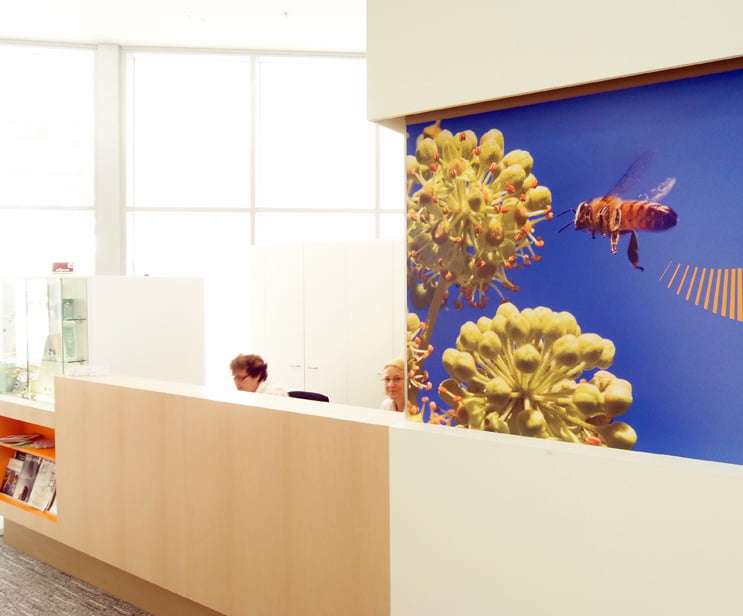More from Attunehearing Attunehearing
More in Politics
Related Blogs
Archivo
compartir social
What Is Auditory Processing Disorder?
Cuerpo
Auditory processing disorder, APD for short, is a neurological disorder that affects how the brain processes sound. As a result, people with APD often have difficulty understanding or interpreting spoken language, and they may have difficulty hearing things in noisy environments.
Auditory processing disorder is a disorder that affects how someone processes sound. It can affect someone’s ability to hear and understand sound correctly, leading to speech and communication problems. There is no one-size-fits-all approach to treating auditory processing disorder, but there are treatments that can help improve someone’s ability to hear and understand sound.
Symptoms of Auditory Processing Disorder
Auditory processing disorder (APD) is a neurological condition that affects the ability to process sound. As a result, people with APD often have difficulty understanding and using verbal information to solve problems. This can lead to difficulty in school, work, and interpersonal relationships. Symptoms of APD can vary from person to person, but there are some common symptoms that most people with APD experience. These include:
- Difficulty understanding spoken words
- Difficulty remembering what was said
- Trouble making decisions based on what was heard
- Having trouble concentrating because of the noise around them
- Finding it hard to keep track of conversations or tasks due to the noise
Diagnosis of Auditory Processing Disorder
Auditory processing disorder (APD) is a neurological condition that affects the ability to process sound. As a result, people with APD have difficulty understanding and decoding complex sounds, often struggling to focus on conversations or music. This can make it difficult to stay alert, concentrate in noisy environments, or learn new information.
There is no one-size-fits-all approach to diagnosing APD, as the condition can vary from person to person. However, common symptoms include difficulty focusing on conversations or music, problems following conversations, difficulty understanding what people are saying, and difficulty making out details in noisy environments.
If you think you may have APD, your doctor may ask you to complete a series of tests to determine if you have the condition. These tests may include listening tests, speech tests, and IQ tests. Then, depending on the results, your doctor may recommend treatment options such as therapy or medication.
Treatment Options for Auditory Processing Disorder
APD is a rare condition that affects how people process sound. People with the disorder may have trouble discriminating between different sounds or understanding speech. Treatment options for auditory processing disorder vary depending on the severity of the disorder and the person’s preferences. Some common treatments include speech therapy, hearing aids, and counselling.

Attune is a top-rated multidisciplinary clinic that specialises in treating auditory processing disorders. In addition, the clinic provides consultations for patients who have difficulty comprehending and processing sound. APD affects the ability to understand and process sound. People with this disorder can have difficulty understanding spoken language, following directions, and hearing footsteps in the background.
There is no one-size-fits-all approach to treating auditory processing disorder, but the clinic typically employs a multi-modal approach that includes speech therapy, hearing aids, and counselling. If you believe you might have symptoms of APD, get the auditory processing disorder test from the experts at Attune clinic. The team at Attune is highly qualified to provide treatment for this condition.










Comentarios